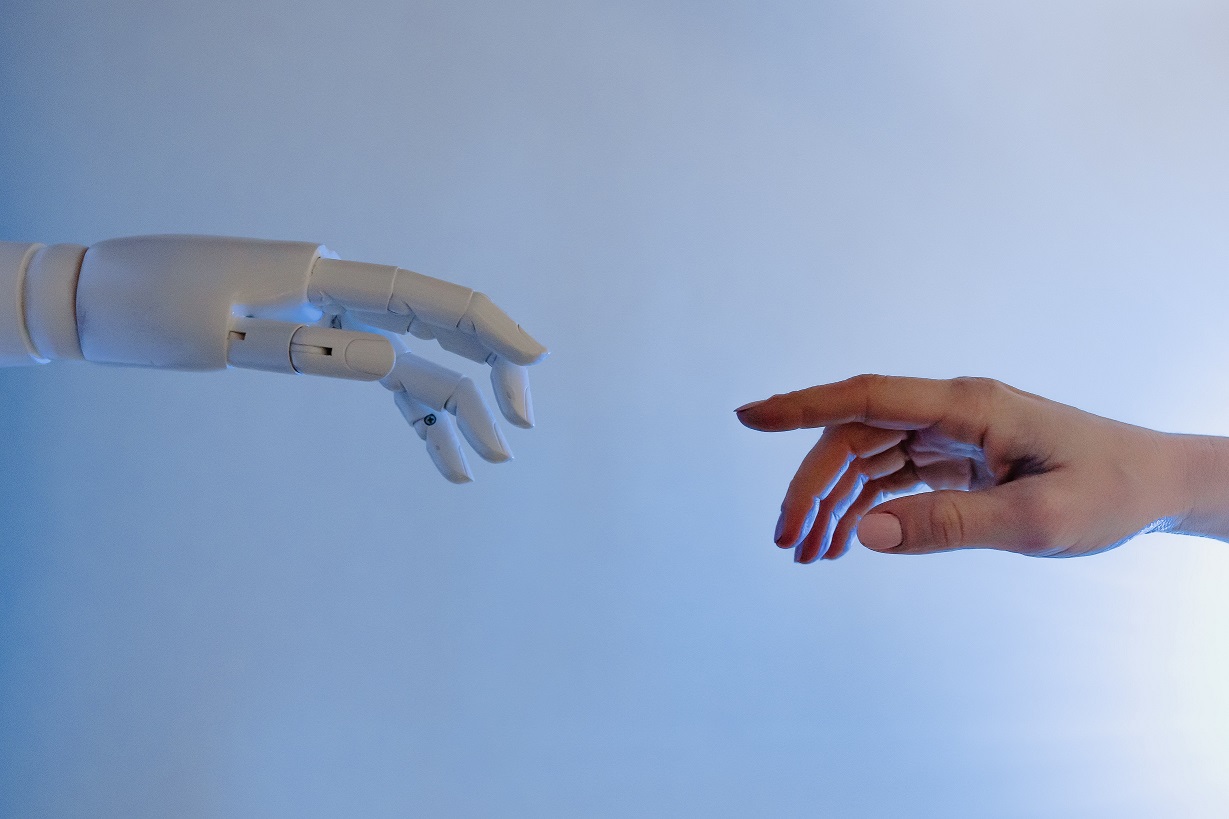As Artificial Intelligence (AI) continues to advance at an unprecedented pace, it's becoming increasingly clear that it will have a significant impact on the job market. In this article, we'll explore the ways in which AI is changing the nature of work and what it means for professionals across industries.
One of the most significant impacts of AI is the potential for automation. Jobs that involve repetitive tasks or processes are particularly vulnerable to being automated. This includes jobs in industries such as manufacturing, transportation, and even some white-collar jobs such as data entry and analysis. Jobs such as telemarketing, bookkeeping clerks, compensation and benefits managers, receptionists, couriers, proof-readers, computer support specialists, and market research analysts are also likely to be replaced by AI. Jobs such as taxi drivers, truck drivers, and Uber drivers may also be replaced by AI as self-driving technology advances.
However, while some jobs may become redundant, AI is also creating new opportunities. As AI systems become more sophisticated, there will be a growing demand for professionals who can design, develop and maintain these systems. This includes roles such as data scientists, machine learning engineers and AI researchers.
In addition to these technical roles, AI is also expected to create many new jobs that do not directly involve working with AI systems. For example, AI can improve efficiency and quality in industries such as manufacturing, transportation, and food production, which can lead to the creation of new jobs in these sectors. In some cases, AI will reshape the kinds of jobs that are available within an industry. For example, workers who had previously been tied to repetitive tasks can be redeployed in more productive pursuits, such as improving processes based on insights gleaned from AI-based sensor and vision platforms. The World Economic Forum predicts that AI will create 97 million new jobs by 2025.
In order to thrive in this new job market, professionals will need to reskill themselves. This may involve learning new technical skills such as programming or data analysis or developing a deeper understanding of how AI can be applied within their industry. There are many online platforms such as Coursera, edX, and Udacity that offer courses in these areas. You may also want to consider pursuing further education or certification programs to deepen your knowledge and skills.
In addition to technical skills, it's also important to develop soft skills such as critical thinking, problem-solving, and communication. These skills are highly valued by employers and can help you stand out in the job market. While AI is very good at performing certain tasks, there are some things that it cannot do as well as humans. These include tasks that require creativity, empathy and social intelligence. Developing these skills can help you remain valuable in the job market.
It's also important to stay informed about the latest developments in AI and how it's impacting your industry. This will help you anticipate changes and adapt accordingly. There are many resources available online that can help you keep up to date with the latest news and trends in AI.
In conclusion, AI is set to have a profound impact on the job market and our lives in general. It's important for individuals and society as a whole to prepare for these changes by investing in education and reskilling programs. By staying informed and being adaptable, you can position yourself for success in the age of AI.
Photo by Tara Winstead @ pexels



















